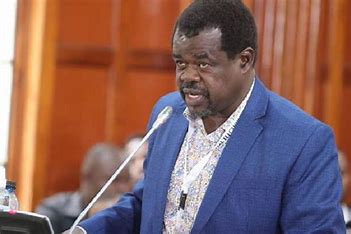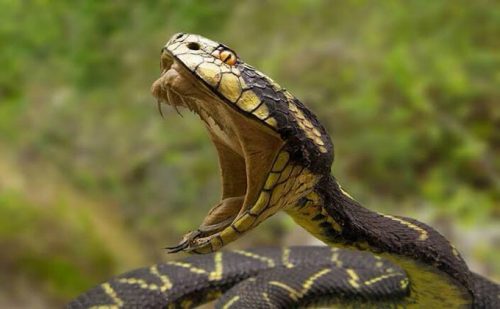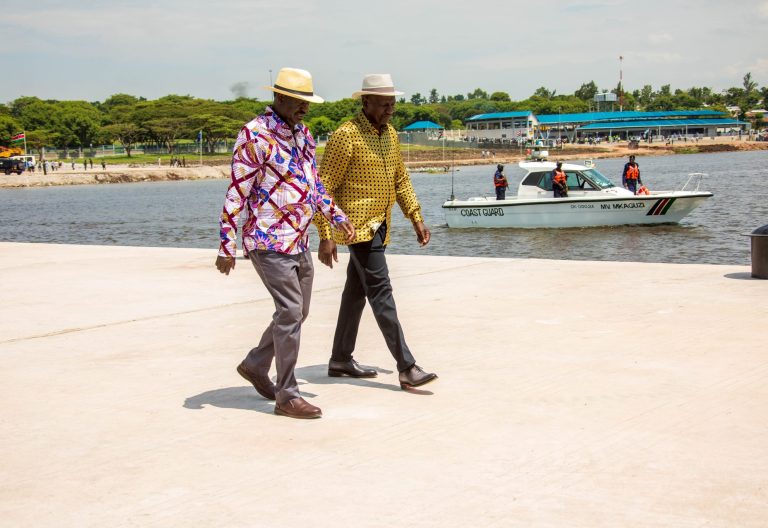Omtatah seeks Senate support to safeguard Wamunyu’s indigenous antivenom

Busia County senator Okiya Omtatah has petitioned the Kenyan Senate to protect the New Generation Muthea Antivenom, an indigenous remedy developed in Wamunyu, Machakos County.
While presenting the petition, he called for urgent measures to shield the local innovators from harassment, intimidation, and attempts to hijack their intellectual property.
“This is my petition to the senate to protect and propagate the commercialisation of the new generation of Muthea antivenom in Kenya. Honourable speaker, pursuant to standing order number 232, paragraph 1, clause b, I hereby present a petition to the senate concerning the propagation and commercialisation of new generation Muthea antivenom in Kenya,” Omtatah wrote in a post on X on Friday, May 30, 2025.
He emphasised that the innovators behind this breakthrough are citizens from Machakos County who have spent the past five years developing the new antivenom, driven by the tragic death of a neighbour from a snakebite at Machakos Level 5 Hospital.

The New Generation Muthea Antivenom is a life-saving treatment that has reportedly saved countless lives from snakebites for over 100 years. Unlike traditional antivenoms, it uses no animal plasma and instead relies on indigenous knowledge combined with plant-based components. Despite its proven safety record with zero documented fatalities, the remedy continues to face challenges in gaining formal recognition and support.
Harassment and intellectual property threats
Omtatah’s petition highlights several serious challenges faced by the developers. These include coercive demands to surrender their patent and formula to unknown parties, threats of legal action, and intimidation from individuals with vested interests. Additionally, public officials are accused of deliberately delaying approvals and using bureaucratic obstacles to stall progress.
The petition also exposes smear campaigns aimed at discrediting the innovators, as well as systematic exclusion from grant funding and national programs designed to support local innovation.
The senator urged the Senate to protect the rights of the Wamunyu innovators and investigate allegations of misconduct by public officials obstructing the process. He called for the suspension of any officials found to be involved in intimidation or sabotage.
Further, Senator Omtatah advocates for the establishment of national policies that safeguard indigenous innovation, ensuring Kenyan inventions receive the recognition and protection they deserve.
“This issue goes beyond a single product it reflects how Kenya values and supports its innovators,” Omtatah stated. “A country that stifles its innovators is jeopardising its future.”
The petition underscores the vital role of empowering local communities and respecting indigenous knowledge systems. Kenya’s indigenous innovations have the potential to offer sustainable, affordable solutions to pressing health and social challenges. However, without proper legal frameworks and institutional support, these contributions remain vulnerable to exploitation and suppression.
Looking ahead
As the Senate deliberates the petition, the outcome will signal Kenya’s commitment to nurturing homegrown innovations that safeguard public health and preserve national heritage. The hope is for a future where Kenyan innovators are empowered to commercialise their inventions without fear of intimidation or theft.














